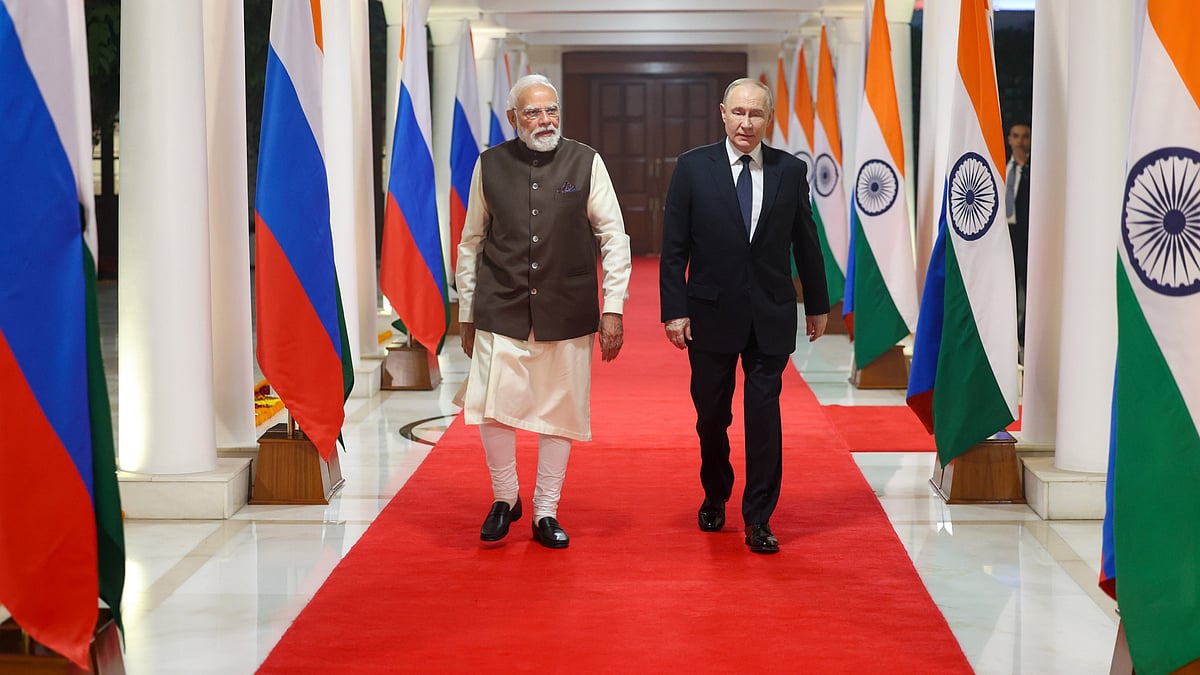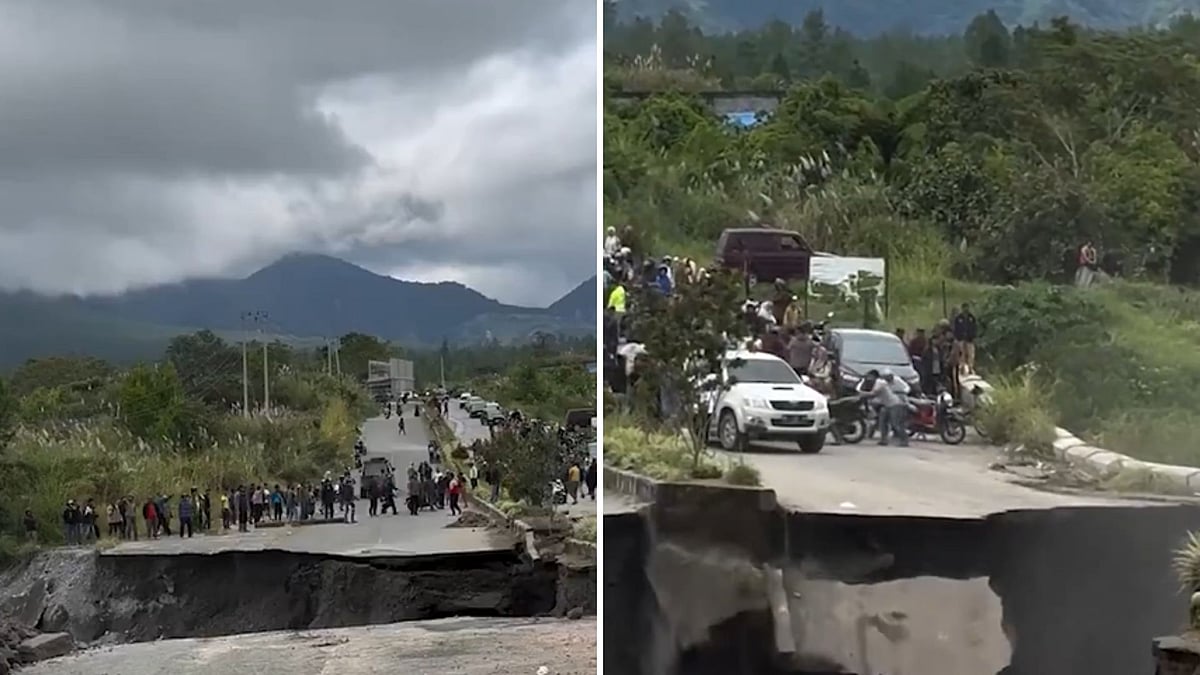Kabul: Still reeling from the European Union's shortcomings in Afghanistan, officials from the 27-nation bloc met on Thursday to discuss ways to improve their response to future crises and not be so reliant on the U.S.
European ministers of defense and foreign affairs gathered in Slovenia for talks also involving NATO and UN officials to look at ways to improve the bloc's operational engagement and develop a rapid response force capable of operating in difficult military theaters.
Ministers will discuss plans for the so-called strategic compass, a document aiming at harmonizing crisis management and defining defense ambitions for the bloc that is expected to be drafted before the end of the year.
"It's clear that the need for more European defense has never been as much as evident as today after the events in Afghanistan," EU foreign policy chief Josep Borrell said upon his arrival.
"There are events that catalyze the history," he said. "Sometimes something happens that pushes the history, it creates a breakthrough and I think the Afghanistan events of this summer are one of these cases." The Taliban's takeover of Afghanistan and the rushed airlift operation out of the country that followed the U.S. decision to pull out from the country have laid bare the EU's dependency on its ally. Without American support, European countries wouldn't have been able to guarantee the safe passage of their citizens or even their troops out of the war-torn country.
"The strategic situation, the geostrategic changes, show that now we need a stronger Europe," said Claudio Graziano, the chairman of the EU military committee.
"The situation in Afghanistan, Libya, Middle East, Sahel, show that now it's the time to act starting with the creation of a rapid European entry force able to show the will of the European Union to act as a global strategic partner. When if not now, later would be late.”
Slovenian Defense Minister Matej Tonin, whose country currently holds the EU's rotating presidency, however, said he believes a small majority of countries is favorable to the idea.
The EU is already endowed with rapid reaction teams - so-called battlegroups - made up of about 1,500 personnel. But they have never been used in major crises, and the bloc doesn't deploy EU missions to active conflict zones.
Tonin said defense ministers have started debating how to send soldiers abroad in a quick and efficient way, even without EU consensus, by lifting the unanimity requirement.
"Maybe the solution is we invent a mechanism where a classical majority will be enough and those who are willing will be able to go," he said. "If a majority within the European Union decides to send somewhere the troops, they can go in the name of the European Union. And the countries which will participate in these groups will be let's say the willing countries. So that we don't force the countries who don't want be part of that mission." The situation in Sahel has drawn comparisons with the U.S departure from Afghanistan since the French are preparing to reduce their military presence in the West Africa region where extremist groups are fighting for control.
Washington: There is no rush to recognise the Taliban either by the United States or many of the countries that it has spoken to, the White House said asserting that such a move would be dependent on what they deliver on the expectations of the global community.
"There's no rush to recognition from the United States or any country we have spoken with around the world. It will be very dependent on their behaviour and whether they deliver on what the expectations are of the global community," White House Press Secretary Jen Psaki told reporters at her daily news conference on Wednesday.
At a separate news conference, the State Department echoed the same view. "We will continue to have conversations that serve our interests, as well as our allies and partners," Under Secretary of State for Political Affairs Victoria J Nuland told reporters.
"But the first thing we want is to see them live up to the obligations that they have under the UN Charter, as well as the public statements that they themselves have made about their expectation for an Afghanistan that respects human rights, respects international law, allows international citizens and Afghans who wish to leave," she said in response to a question.
The US obviously had contacts with the Taliban during the withdrawal, she said.









